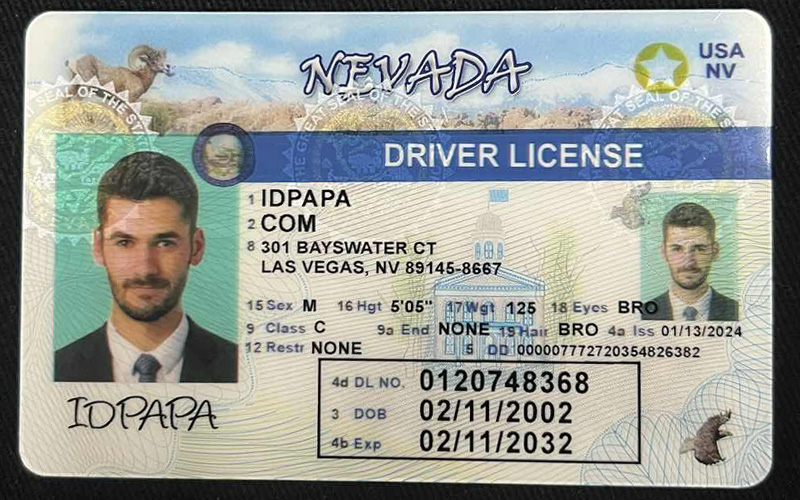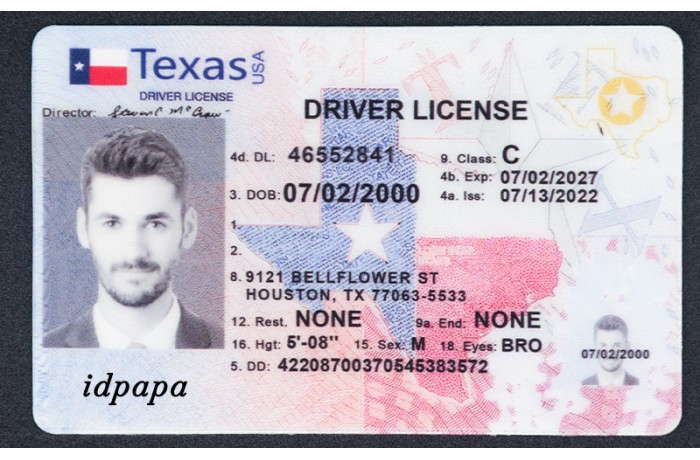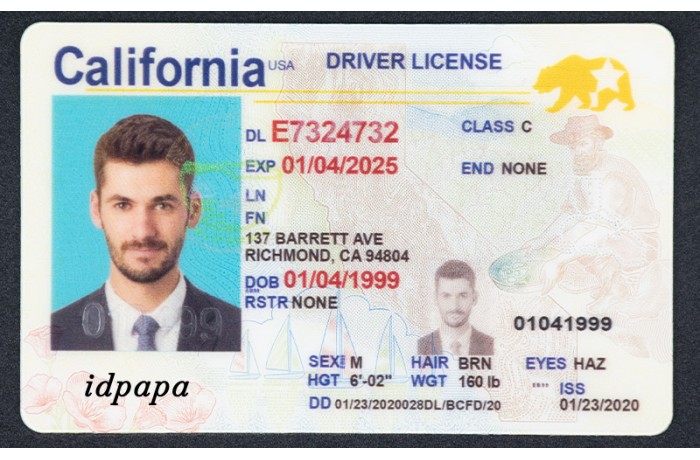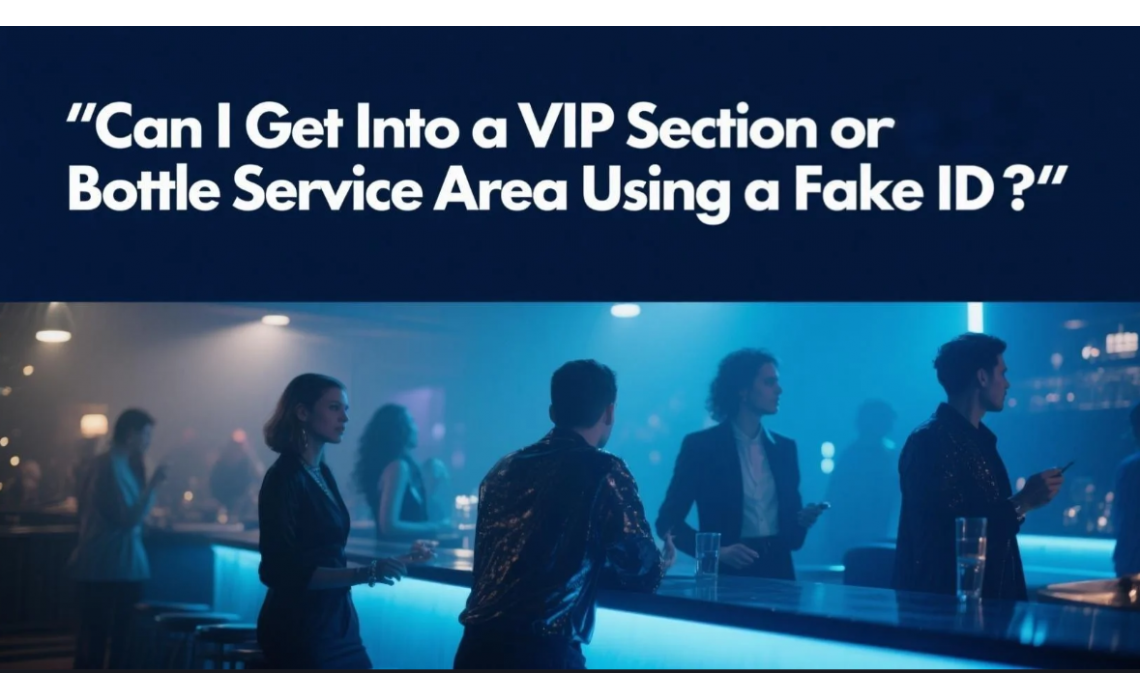Can I Get Into a VIP Section or Bottle Service Area Using a Fake ID?
Can I Get Into a VIP Section or Bottle Service Area Using a Fake ID?

Let’s cut to the chase: VIP sections and bottle service tables are where the velvet ropes get extra tight. Whether you’re dreaming of champagne-soaked selfies or just trying to sneak into the elite side of nightlife, you might be wondering — can a fake ID really get you past the gatekeepers of the VIP world?
Here’s the truth: it’s complicated, risky, and often not worth it. But that doesn’t mean you’re totally out of the game. In this post, we break down the reality of using fake IDs in VIP settings — and share safer, smarter alternatives for getting into exclusive spaces.
1. VIP Isn’t Just About Age — It’s About Access
Most people think the only thing keeping them out of VIP is the 21+ rule. But in reality, VIP sections are about status, spend, and social clout. These areas are usually reserved for:
●High spenders (bottle minimums can hit $500+)
●Guest list VIPs
●Friends of the promoter or DJ
●Models, influencers, or “the scene”
These aren’t just random partygoers—they’re people who contribute to the exclusivity and image of the venue. Clubs and promoters curate VIP sections to maintain a certain vibe, which means that access is less about age and more about influence, connections, and the value you bring to the room.
So even if your fake ID gets past the front door, that doesn’t mean it’ll unlock a $2,000 table in the roped-off corner. You need more than just a birthday upgrade—you need presence and connections. Being in the VIP area usually requires knowing the right people, fitting in visually with the crowd, and sometimes even having the financial power to secure bottle service or table reservations. Simply having a believable ID won’t impress a host whose job is to keep that space curated, profitable, and exclusive.
2. Bouncers Know the Game — Especially in VIP
Don’t assume bottle service hosts or VIP security are as easy to fool as a bartender at a dive bar. These people are trained to spot fake ID blogs and suspicious behavior, and they do it night after night. They’re not just checking birth dates—they’re assessing body language, group dynamics, and everything in between. Most of them have seen hundreds, if not thousands, of underage partygoers try to bluff their way into exclusive areas. So if you think you’re being slick with a nervous grin and a fresh-out-the-printer ID, think again.
 They look at:
They look at:
●Confidence (or lack thereof)
●ID texture and holograms
●Social behavior (Are you with high-paying guests? Do you look like you belong?)
Their eyes are trained to catch inconsistencies in your behavior and presentation. Is your ID a little too new? Is your vibe too hesitant? Are you glancing around like you’re looking for a way out? These are silent signals that raise suspicion. And when you’re trying to enter the VIP section—where the clientele is more exclusive and the expectations are higher—those signals become even more obvious. Bouncers aren’t just security guards; they’re gatekeepers for a curated experience, and part of their job is maintaining that quality.
One red flag, and they’ll either call you out or worse — bounce you publicly, ban you from the club, or even call authorities. And let’s be real—getting exposed in front of a line of people or a table full of influencers is not a flex. It’s a fast track to humiliation, and depending on the club’s policy, it could result in a ban that extends to sister venues too. VIP isn’t just about flashing a card—it’s about fitting into an atmosphere where everything, including who gets in, is carefully controlled.
3. The Stakes Are Higher in VIP
At the bar, getting caught with a fake might mean being turned away or losing the ID. Most of the time, it’s a quick embarrassment and maybe a warning to leave. But in VIP? You’re dealing with a whole different level of enforcement and expectation. These spaces aren’t just about having fun—they’re about exclusivity, money, and liability. And because of that, the margin for error is almost zero.
In VIP areas, you’re not just being watched by a single bouncer at the door—you’re surrounded by private security, often dressed subtly but trained to monitor behavior with military-level attention. There are cameras everywhere, and not just for safety—they're also used to protect the club’s reputation and prove due diligence if something goes wrong. Club owners and managers don’t want legal liability for underage guests slipping into high-profile areas where alcohol and high-value guests are involved.
Then there’s the clientele. Paying guests who don’t want underage people near their table are also part of the equation. They’re spending thousands for privacy, security, and status. If they sense that someone in the VIP section doesn’t belong—or worse, could pose legal or PR risks—they won’t hesitate to flag it to management. These guests expect the venue to maintain high standards, and underage partiers sneaking in with fake IDs don’t fit that image.
![]() Bottom line: VIP areas = higher risk. If caught, you could be removed from the club entirely, your fake confiscated, or banned for life. And that ban can apply to multiple clubs under the same management, making your future nights out a lot more difficult. The cost of getting caught in VIP isn’t just about one bad night—it can follow you, damage your reputation, and limit your access long after the party’s over.
Bottom line: VIP areas = higher risk. If caught, you could be removed from the club entirely, your fake confiscated, or banned for life. And that ban can apply to multiple clubs under the same management, making your future nights out a lot more difficult. The cost of getting caught in VIP isn’t just about one bad night—it can follow you, damage your reputation, and limit your access long after the party’s over.
4. There Are Safer Ways to Get VIP Access Without Breaking the Law
Not every roped-off area requires an ID. You can actually enjoy VIP vibes legally — here’s how:
Be Socially Strategic. Get invited by someone already inside — bottle service tables often include random friends of friends. Be cool, don’t beg, and mingle naturally. At most VIP tables, there’s always someone who brought extra guests or wants to keep the energy lively. If you’re fun, respectful, and not overbearing, it’s not unusual to get pulled in just by being part of the scene. Confidence, charisma, and timing go a long way when navigating social invites like these.
Work the Promoter Angle. Promoters often build tables with a mix of guys (paying) and girls (invited for free). Some events are more interested in your look and vibe than your age. These promoters are paid to fill tables and attract energy to the party, not necessarily to run ID checks. If you’re following local nightlife pages or connected to the party scene on Instagram, getting on a guest list or being added to a promoter’s table isn’t as hard as it sounds. Just show up looking sharp and keep your attitude right — you might find yourself sipping champagne in VIP without ever flashing a card.
Leverage a Novelty ID — For Fun, Not Fraud. Want to flash a card that says “VIP Club President” or “CEO of Vibes”? Get a professionally made novelty ID from a safe site like IDPapa.org. These aren’t for getting past security — they’re for jokes, socializing, and showing off in photos. Novelty IDs can be hilarious icebreakers or great photo props that add to the party vibe without breaking any rules. You still get to “flex” your personality in the VIP section — just legally, creatively, and with no risk of getting kicked out.

5. What Happens If You Do Get In?
Let’s say your ID gets you through, and you’re suddenly surrounded by velvet couches, bottle girls, and sparklers. What now? The atmosphere might feel electric, but don’t let the excitement override your judgment. VIP spaces operate on unspoken rules—how you carry yourself matters more than ever once you're inside. Just because you crossed the rope doesn’t mean you’re invisible now. In fact, you might be watched more closely than ever, especially if you’re unfamiliar to staff or guests.
![]() Keep a low profile. Don’t post anything traceable (no tags, no stories, no location). If someone questions you or asks for ID again — say you left it with the host or step out casually. Never argue. Making a scene or scrambling for a lie will only draw attention. If anything feels off or you sense suspicion, exiting calmly is your best move. Your goal inside VIP should be to blend in, not become a conversation topic for security or staff.
Keep a low profile. Don’t post anything traceable (no tags, no stories, no location). If someone questions you or asks for ID again — say you left it with the host or step out casually. Never argue. Making a scene or scrambling for a lie will only draw attention. If anything feels off or you sense suspicion, exiting calmly is your best move. Your goal inside VIP should be to blend in, not become a conversation topic for security or staff.
And remember: just because you got in once doesn’t mean you’ll get lucky again. VIP spaces are constantly monitored. Staff often rotate, and venues adjust their protocols all the time. Even regular guests sometimes get questioned or re-verified. Treat any access you gain as temporary and privileged, not guaranteed. If you're going to play the part, do it with subtlety, awareness, and a healthy respect for the risks involved.

Final Word: Risk vs. Reward
Can a fake ID get you into a VIP section? Maybe. Should you try? Probably not. The consequences are too high, the success rate too low — and let’s be honest — the best memories don’t require breaking the law.
Instead, focus on building connections, dressing the part, and showing up with energy and charisma. Those traits will get you invited legitimately — and when they do, you won’t be worrying about fake IDs or getting caught.
![]() Until then, keep it safe, keep it classy, and maybe stick to the dance floor. The real VIPs know how to have fun wherever they are.
Until then, keep it safe, keep it classy, and maybe stick to the dance floor. The real VIPs know how to have fun wherever they are.


